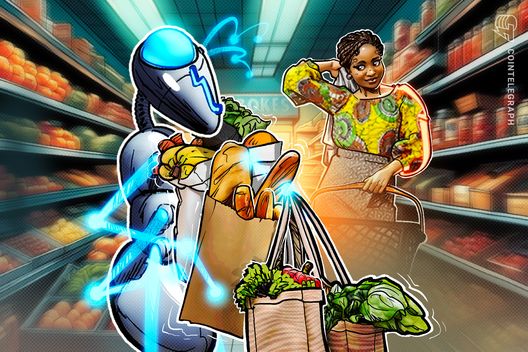

Food fraud, a global issue involving intentional deception about food products for economic gain, is estimated to cost the global food industry between $40 and $50 billion annually. This includes activities like adulteration, mislabeling, counterfeiting, and theft, impacting consumers, businesses, and governments. While food fraud has existed for centuries, cases are increasing, exacerbated by factors like complex global supply chains, economic pressures, and geopolitical instability. Blockchain technology offers a promising solution by enhancing transparency and traceability throughout the food supply chain.
The current state of food fraud reveals several concerning trends. The most adulterated foods often include olive oil, honey, seafood, meat, dairy products, and spices. Common fraudulent practices involve substituting cheaper ingredients, misrepresenting the origin or quality of products, and using undeclared or even toxic substances. For example, olive oil may be diluted with cheaper vegetable oils, honey can be laundered or counterfeited, and seafood is frequently mislabeled. Such practices not only deceive consumers but can also pose serious health risks, as seen in past incidents like the melamine-tainted infant milk scandal in China and the industrial-grade rapeseed oil sold as olive oil in Spain.
Blockchain technology is emerging as a powerful tool to combat food fraud. Blockchain is a distributed, decentralized digital ledger that records transactions or data across a network of computers (nodes). Each transaction is linked to the previous one in a block, creating an immutable and transparent record. This makes it extremely difficult to tamper with the data or introduce fraudulent information. In the context of the food supply chain, blockchain can track products from their point of origin to the consumer, providing real-time updates and ensuring the integrity of the data at each stage.
Several ways blockchain can address food fraud:
Several companies and initiatives are already leveraging blockchain to improve food supply chain transparency. Walmart, in collaboration with IBM, uses Hyperledger Fabric to trace pork in China and mangos in the US, significantly reducing trace times. TE-Food and Provenance offer blockchain-based traceability solutions that enhance food safety and transparency. Major food companies like Nestlé and Carrefour are also exploring blockchain to improve supply chain visibility.
Despite its potential, implementing blockchain in the food industry faces several challenges. These include scalability, cost, interoperability, data privacy concerns, regulatory uncertainty, and the need for widespread stakeholder adoption. Integrating blockchain with existing systems and ensuring that all participants in the supply chain are willing to use the technology can be complex and expensive. Overcoming these barriers will require industry collaboration, the development of common standards, and education to promote understanding and acceptance of blockchain technology.
Looking ahead, the future of blockchain in the food supply chain is promising. The global market for blockchain in agriculture and food supply chain is projected to reach $9.7 billion by 2034, growing at a CAGR of 15.9% from 2025 to 2034. As the technology matures and becomes more accessible, it is expected to play an increasingly important role in combating food fraud, enhancing food safety, and building consumer trust. The convergence of blockchain with other technologies like IoT sensors and AI can further enhance its capabilities, creating a more secure, transparent, and efficient food system.